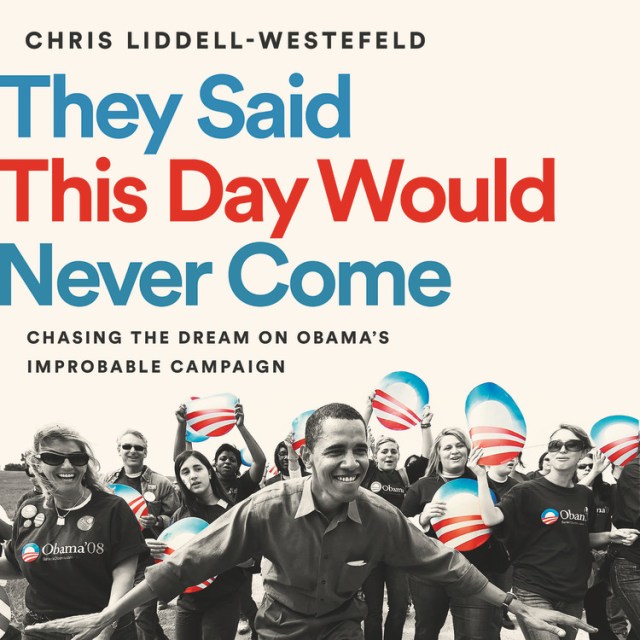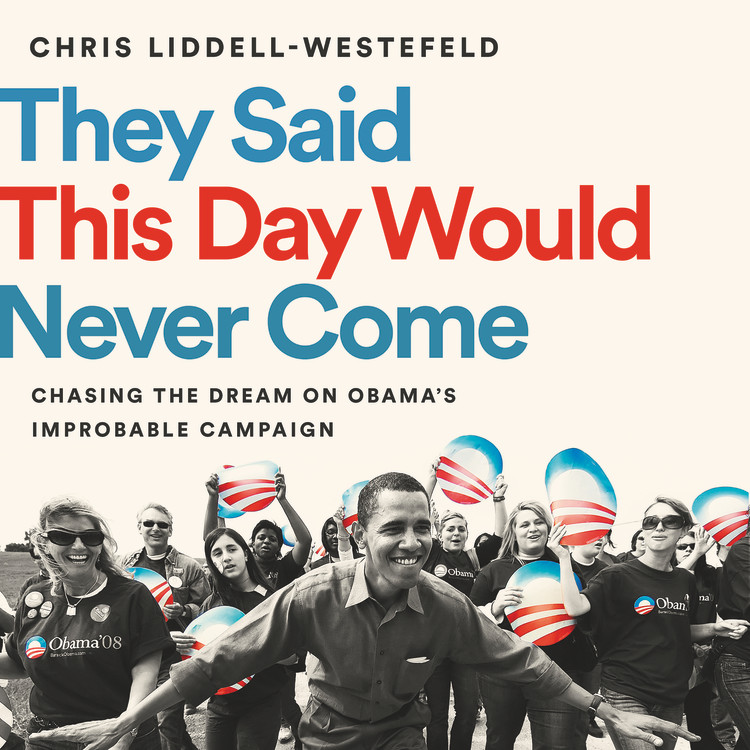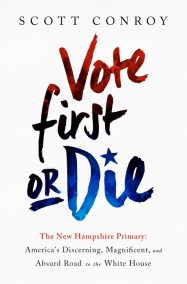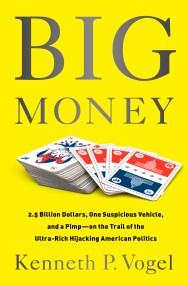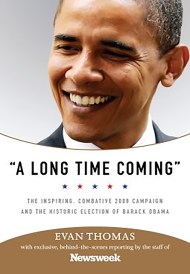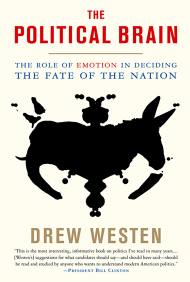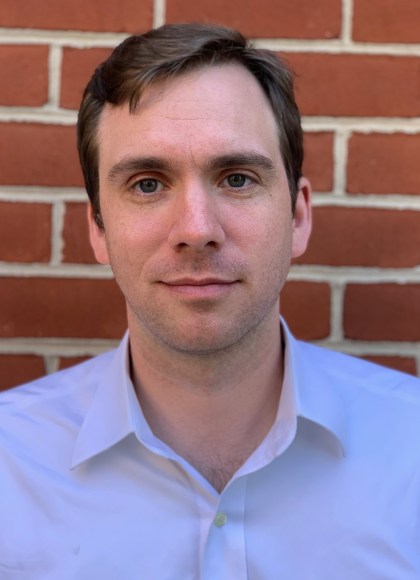By clicking “Accept,” you agree to the use of cookies and similar technologies on your device as set forth in our Cookie Policy and our Privacy Policy. Please note that certain cookies are essential for this website to function properly and do not require user consent to be deployed.
They Said This Day Would Never Come
Chasing the Dream on Obama's Improbable Campaign
Contributors
Read by Chris Liddell-Westefeld
Read by Dion Graham
Read by Graham Halstead
Read by Melissa Dodd
Read by Joniece Abbott Pratt
Read by Dara Rosenberg
Read by Sarah Mollo-Christensen
Read by Lisa Flanagan
Read by Tracey Leigh
Read by Zeno Robinson
Read by Ron Butler
Narrator Barack Obama
Narrator Jon Favreau
Narrator Dan Pfeiffer
Narrator David Plouffe
Formats and Prices
- On Sale
- Jan 7, 2020
- Publisher
- Hachette Audio
- ISBN-13
- 9781549150944
Format
Format:
- Audiobook Download (Unabridged)
- ebook $17.99 $22.99 CAD
- Hardcover $28.00 $35.00 CAD
This item is a preorder. Your payment method will be charged immediately, and the product is expected to ship on or around January 7, 2020. This date is subject to change due to shipping delays beyond our control.
Buy from Other Retailers:
-
"A readable collective chorus of hopeful voices tirelessly promoting Obama's patriotism, moral clarity, and honorable leadership.... As a campaign diary, the book succeeds in gathering representative perspectives from those who participated in its success.... Adulatory reflections on a historic presidency sure to fuel hope for future elections."Kirkus Reviews
-
"They Said This Day Would Never Come tells the story of Barack Obama's historic 2008 campaign through the voices of the people who made it happen, but it's about so much more than one election. It tells a story about the power of everyday people to shape the course of our country and change the world."Dan Pfeiffer, cohost of Pod Save America and author of Yes We Still Can
-
"Chris's book reminds us that politics doesn't have to feel hopeless or slimy if we're willing to put in the effort--this is a beautiful and genuinely moving oral history of how young people who believe in something and are willing to actually DO something about it can change the world."Amanda Litman, cofounder of Run for Something
-
"The Obama campaign of 2007-2008 in Iowa was a wondrous story, authored by a corps of young activists and people hungry for change. In They Said This Day Would Never Come, Chris Liddell-Westefeld brilliantly captures the spirit of that effort."David Axelrod, director, University of Chicago Institute of Politics and CNN senior political commentator
-
"An amazing read in the words of the organizers on the ground who elected Barack Obama president. If you care about bringing about change, there are lessons in this book for you."David Plouffe, former campaign manager and White House senior adviser for Barack Obama
Newsletter Signup
By clicking ‘Sign Up,’ I acknowledge that I have read and agree to Hachette Book Group’s Privacy Policy and Terms of Use
